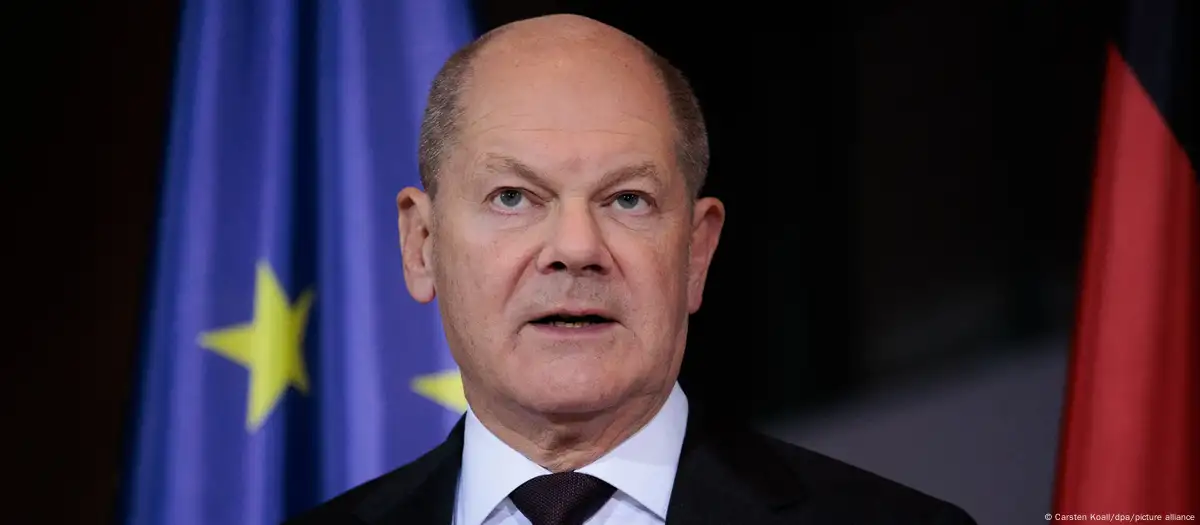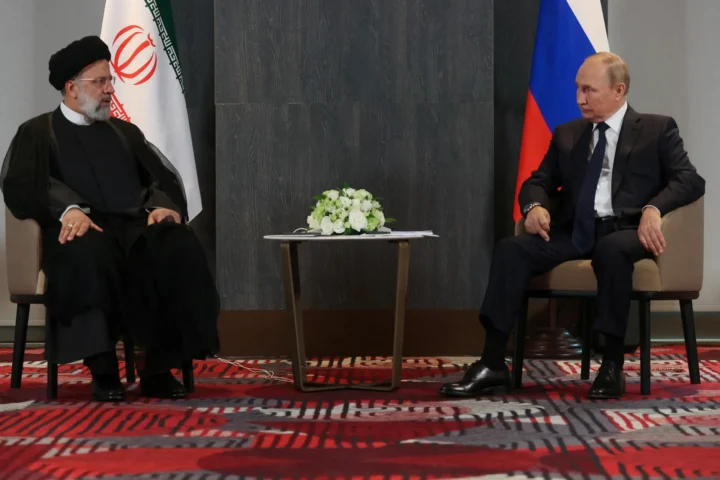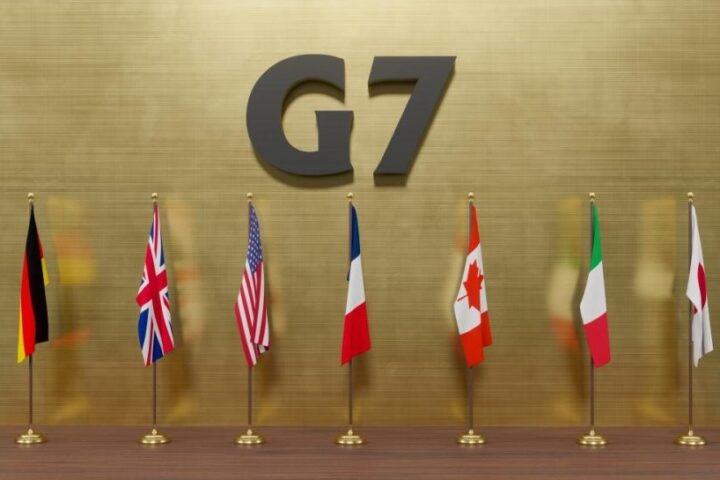Chancellor Scholz is set to put forward his request for a confidence vote in his government. Following the vote, parliament will be dissolved and Germany has 60 days to hold fresh elections.
German Chancellor Olaf Scholz is set to present on Wednesday the formal application for a vote of confidence in his government. This is the first step on the road to snap elections scheduled for February.
Germany’s parliament, the Bundestag, will then vote on the motion of the 16th of December. It is largely considered a formality, as opposition lawmakers outnumber those in Scholz’s minority government.
The chancellor will then ask President Frank-Walter Steinmeier for approval to dissolve parliament, starting the clock on the 60-day time limit to hold new elections.
“Our country needs stable majorities and a government capable of action,” Steinmeier has said of the situation.
Why is Germany holding snap elections?
In the country’s last federal election in 2021, Scholz’s center-left Social Democrats (SPD) formed a coalition with the Greens and the pro-business Free Democrats (FDP).
The FDP was the most junior member of the coalition, representing just 11% of the electorate. However, ex-Finance Minister Christian Lindner, the leader of the FDP, openly disagreed with Scholz and other cabinet members on multiple occasions, most notably about the government’s 2025 budget.
On November 6, the chancellor asked President Steinmeier to dismiss Lindner, which he did the next day. The FDP pulled its support from the coalition, leaving Scholz and the Greens as a minority government.
Minority governments are frowned upon in Germany, and the collapse of a coalition is relatively rare compared to other European countries. It has only happened five times since Germany adopted its current constitution in 1949.








